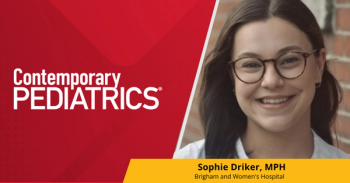
Low rates found for chlamydia testing, retesting in young women
Although the Centers for Disease Control and Prevention recommends annual chlamydia screening for sexually active women aged 25 years and younger, data from 2006 to 2008 show that only 30% of those aged 15 to 19 years reported having had a chlamydia test within the past year.
Although the Centers for Disease Control and Prevention (CDC) recommends annual chlamydia screening for sexually active women aged 25 years and younger, data from 2006 to 2008 show that only 30% of those aged 15 to 19 years reported having had a chlamydia test within the past year.
The infection rate among women aged 15 to 19 years was 3,378.2 cases per 100,000 in 2010, a 1.9% increase from 2009. Although women aged 20 to 25 years had a slightly higher infection rate (3,407.9 cases/100,000), the survey found that 42% of them reported being tested within the past year.
The chlamydia infection rate among girls aged 10 to 14 years was much lower than the older patient group in 2010 (131.9/100,000) but represented a 3.26% increase from 2009.
Centers for Disease Control and Prevention. Sexually Transmitted Disease Surveillance 2010. Atlanta, GA: US Department of Health and Human Services; 2011.
Newsletter
Access practical, evidence-based guidance to support better care for our youngest patients. Join our email list for the latest clinical updates.






